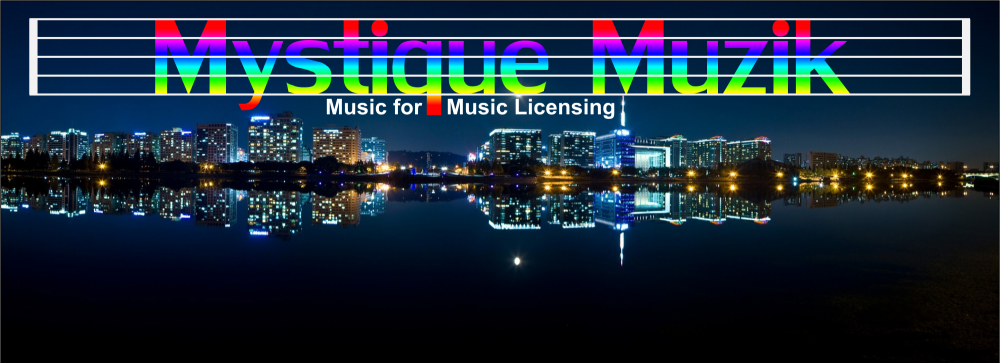When it comes to rights, copyright and licensing music, sometimes these terms are met with a bemused expression and a great deal of confusion. In this short post I’ll clear up the difference between a music mechanical license and sync licensing music so there is no more confusion between the two.
What Is a Music Mechanical License?
A mechanical license for music is a completely different license to sync licensing. What a mechanical license allows is the granting of rights for music to be reproduced and distributed for the purpose of retail sale in the form of music downloads, CD manufacture and sale, records, tapes, ringtones and interactive music streaming.
If you don’t own the rights to a piece of music or compilation, but you want to be able to record or distribute that music for sale, then you will be required to purchase a mechanical license in order to do so legally.
What you are obtaining with a mechanical license is permission from the music publisher or creators of the music track. It is commonly required when bands or artists want to record a cover of a previously recorded song. As an example, if you wanted to record a cover of Queen’s “We Are the Champions”, you would need to get permission from the publishers and purchase a mechanical license (and pay royalties from sales and monies earned) for the right to record the cover.
Sync Music Licensing
The longer version of “sync license” is “synchronisation license”. You need to purchase the appropriate sync license when you want to use an existing piece of music – that you don’t own the rights to – in sync with any of the following:
 Movie
Movie- Video game
- Movie or game trailer
- Video – corporate or personal
- Advertising – online or on TV
- Network TV shows
- To use on your website
The above are some of the more common scenarios where you need to purchase a sync license to obtain the right to feature the music in a film, video, advertising or other medium without any legal repercussions. There are different sync licenses (and prices) for different projects, so make certain you purchase the correct license for your requirements, or you still won’t be legal.
Adding to that point, once you purchase a sync license to use a piece of music in something like a wedding video for example, that doesn’t then mean you are free to also feature that music in a film, That requires the purchase of a sync licence for movies and cinema productions.
When it comes to live performances of cover songs, the band or artist is not responsible for any kind of license unless they plan to record the songs. In the case of performing at a venue, it is the responsibility of the venue to be a member of their local PRO (Performing Rights Organisation) and to pay royalties due to the PRO so rights owners can be compensated.
Where To Find Music For Your Projects
If you are into filmmaking, video game production or advertising and the like and want to know of a great place to sync license music to use, then I suggest you check out a music licensing website called Songtradr. They have stacks of great music; from contemporary pop and rock, through to awesome production music and cinematic music tracks.
I create production music and you can check out some of my tracks on Songtradr by clicking on their logo below. Their search feature is top notch and very accurate, so have a look around their website and see what you can find. I’m sure you’ll find what you need.




We have explored the use of music for our website and videos.
The information I have viewed on many sites is confusing and not comprehensive.
Your explanation of sync licensing is to the point and helpful.
Is this different to a royalty free license?
What license is required to use a piece of music in more than one production?
Hi Keith. I still find some aspects of all the different licensing confusing at times myself.
From my understanding, for each production you want to use music in, you need a sync license for each track for each different production.
Royalty free means you don’t have to pay royalties to the artist or rights holder when you play the music track over and over again. An example would be a song played as the theme for a TV show. Some sync licenses are royalty free while many are not.